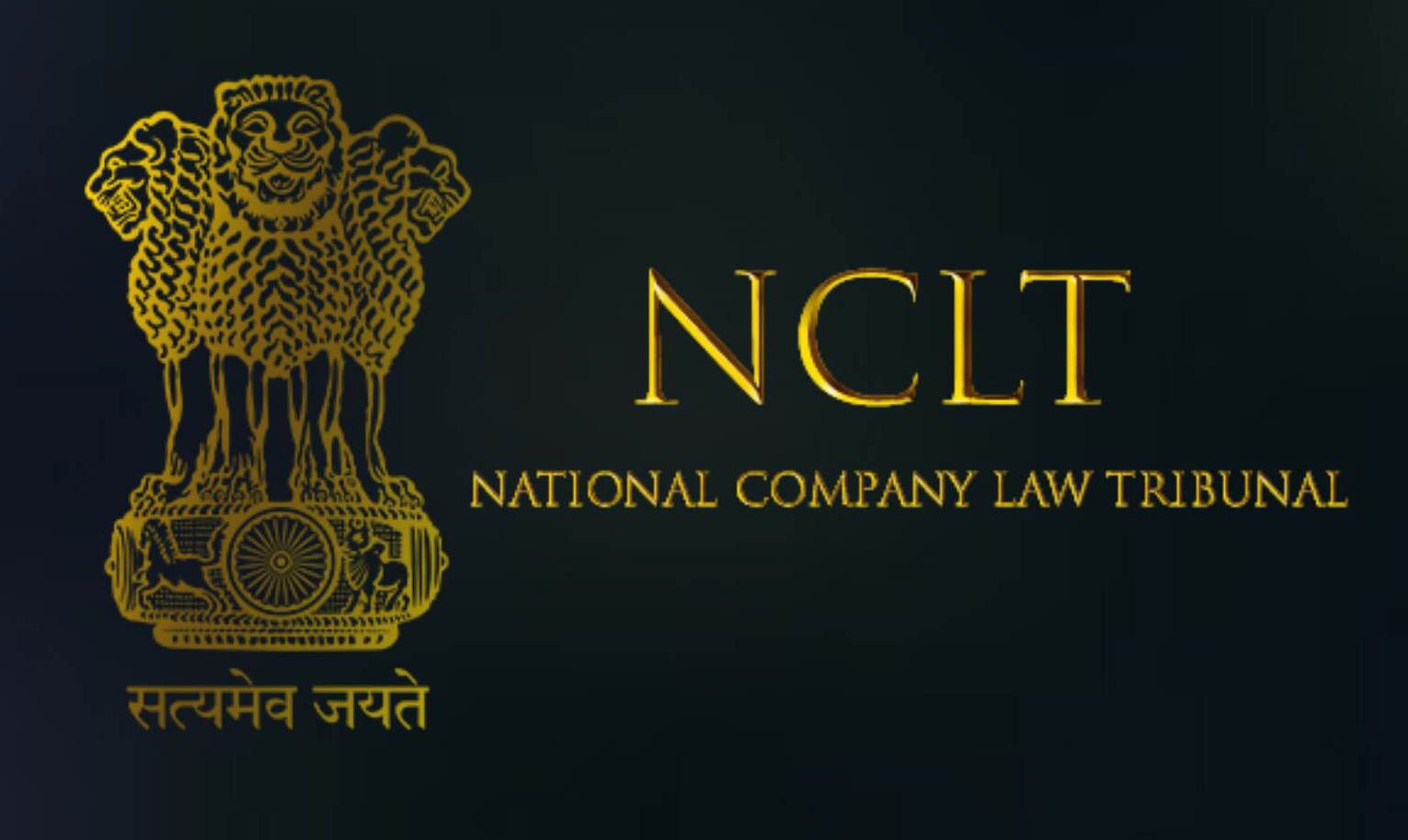NCLT Approves NARCL’s Resolution Plan for Two Srei Firms in 2023

NCLT Approves NARCL’s Resolution Plan for Two Srei Firms in 2023
On March 23, the Reserve Bank of India granted Rajneesh Sharma, the administrator of the bankrupt entities, the “fit and proper” permission for NARCL. Following the corporate insolvency resolution procedure (CIRP), the Kolkata bench of the National Company Law Tribunal (NCLT) on Friday accepted the resolution plan of the government-backed National Asset Reconstruction Company (NARCL) for two insolvent Srei firms.
It will be the government-owned ARC’s first purchase. The resolution plan of NARCL was accepted by the combined committee of creditors (CoC) for the two firms, Srei Infrastructure Finance (SIFL) and Srei Equipment Finance (SEFL), in February, with the highest voting among bidders.

Srei Infrastructure Finance stated in a stock exchange filing that the National Company Law Tribunal, Kolkata, orally issued an order today approving the resolution plan submitted by National Asset Reconstruction Company concerning the corporate insolvency resolution process of the companies under Section 31 of the IBC.
Notably, the combined CoC for Srei Infrastructure Finance (SIFL) and Srei Equipment Finance (SEFL) voted in favour of the resolution plan for the government-owned ARC with an 89.2% voting share.
Varde Partners and Arena Investors’ resolution proposal earned 9% of the vote, while Authum Investment and Infrastructure’s plan received 84.86%.
On March 23, the Reserve Bank of India granted Rajneesh Sharma, the administrator of the bankrupt entities, the “fit and proper” permission for NARCL.
NARCL’s offer of Rs 5,555 crore in net present value (NPV) terms, which includes an upfront payment of Rs 3,180 crore, was determined to be the highest after the challenge mechanism procedure was complete. The overall offer from the bad bank is more than Rs 14,000 crore, which includes cash and a pledged sum of more than Rs 6,500 crore.
The gross offer comprises around Rs 8,000 crore in optionally convertible debentures (OCD), which would be repaid upon recovery. Financial creditors could recoup more than 40% of the amount acknowledged as claims if all the elements were combined.
Regarding NPV, Authum Investment and Infrastructure’s proposal of Rs 5,526 crore came in second place. The Varde Partners and Arena Investors consortium presented a resolution plan with a financial offer of around Rs 4,680 crore (NPV), comprising Rs 3,250 crore in up-front cash.
After the Reserve Bank of India’s bankruptcy petitions were allowed by the NCLT’s Kolkata bench, the insolvency procedures against SIFL and SEFL were launched in October 2021.

A total of Rs 32,750.22 crore in financial creditors’ allowed claims. Financial debtors to the companies include the State Bank of India, Punjab National Bank, Axis Bank, HDFC Bank, Union Bank of India, Canara Bank, IDBI Bank, UCO Bank, and Indian Overseas Bank, among others.
The appeal made by the Kanorias, the former founders of two Srei firms, asking for consideration of their application to withdraw the companies from the CIRP under Section 12A of the IBC after making a new settlement offer, was denied by the NCLT Kolkata bench.
Per that proposal, the amount owed to creditors, around Rs 32,000 crore, would be settled over time using a variety of financial instruments, including upfront cash, NCDs, OCDs, and equity. According to Kanorias, their most recent settlement offer was the ‘highest’ of the already made.
The administrator, however, refused to accept the resolution plan that the former promoters had filed, claiming that he lacked the necessary “competent authority” under Section 12A of the Insolvency and Bankruptcy Code.
Highlights
- National Company Law Tribunal gives a nod to the resolution plan.
- NARCL, the ‘bad bank’, takes charge of the debt resolution.
- Srei firms to witness a structural and operational overhaul.
In a significant move that is expected to set a precedent for many other stressed asset cases, the National Company Law Tribunal (NCLT) has approved the National Asset Reconstruction Company Limited (NARCL) resolution plan for two firms under the Srei Group. This article delves into the nuances of this decision, its implications for the Indian banking sector, and the future of Srei companies.
Srei Group has been a significant player in the Indian infrastructure financing sector for decades. However, the group faced financial difficulties over the past few years and became laden with stressed assets. This led to the need for an effective resolution mechanism, prompting the intervention of NARCL.
Commonly referred to as the ‘bad bank’, the National Asset Reconstruction Company Limited was established as an asset reconstruction company to manage and resolve stressed assets in the Indian banking sector. NARCL’s primary role is to take over the bad loans from banks, ensuring that the banks can then focus on their primary lending activities without the burden of NPAs (Non-Performing Assets).

The specifics of NARCL’s plan for the two Srei firms revolved around the following:
Many of the Srei firms’ debts would undergo restructuring, allowing for more extended repayment periods and potentially reduced interest rates. Certain non-core assets of the Srei firms would be identified and sold, ensuring a steady capital inflow and reducing the liability on the books.
Strategies would be put in place to revive the operational capabilities of the firms, making them viable and profitable entities in the long run.
The NCLT’s approval can be viewed as a shot in the arm for the Indian banking system, signalling a move towards cleansing the design of its stressed assets. With NARCL taking charge, banks can recover a significant portion of their stuck capital. The NCLT decision can serve as a blueprint for future cases involving large corporates with stressed assets. The successful resolution of the Srei firms might embolden the tribunal to expedite other such matters. With the resolution plan in place, there’s a renewed hope for reviving the Srei firms’ operations, which can protect jobs and contribute to economic activity.
While the NCLT’s approval is a significant step forward, it’s essential to note that the actual implementation of the resolution plan might face challenges. These could include potential litigation, unforeseen operational hurdles, and market dynamics affecting the sale of assets.

The NCLT’s approval of NARCL’s resolution plan for the two Srei firms is a momentous decision in India’s quest to resolve its burden of stressed assets. While challenges persist, a successful implementation can lay the groundwork for resolving other such cases, marking a new era of financial discipline and accountability in the Indian corporate sector.






